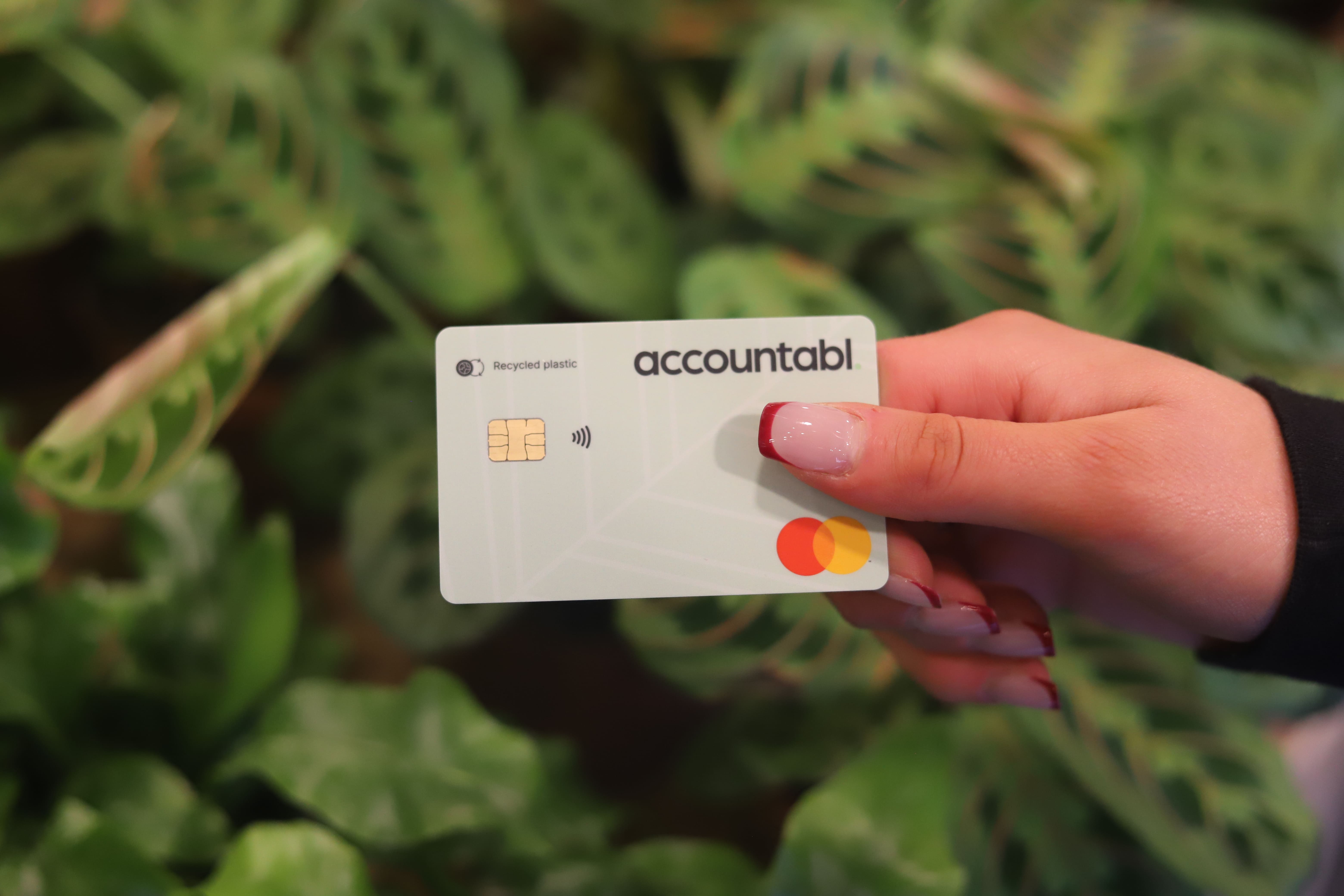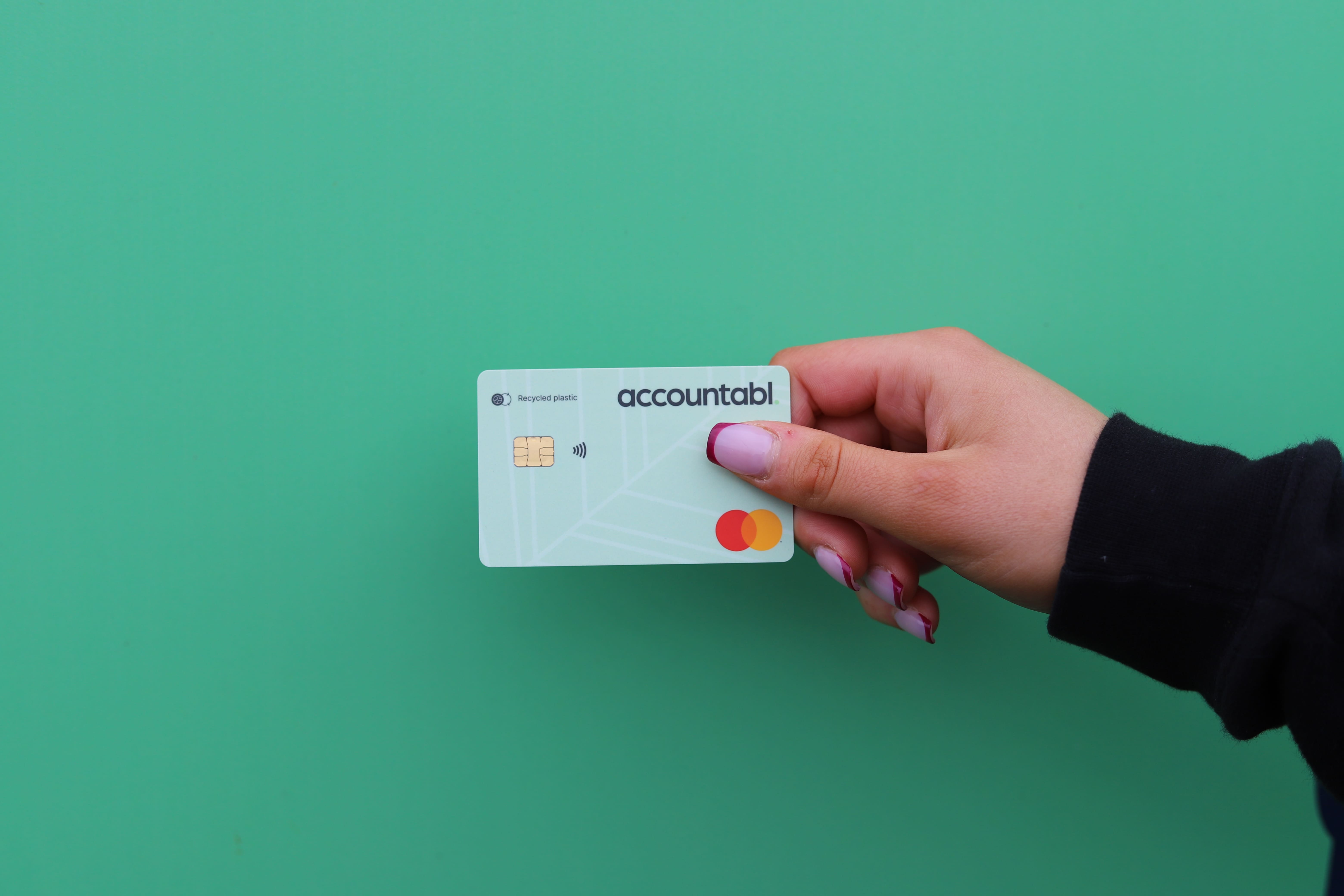As a business owner, it’s vital to have oversight across your organisation.
But with so many demands on your time, essential performance insights can be missed.
Fortunately, with business dashboards, you can get easy to understand statistics for major activities in an instant. So, you can get the info you need to address issues and ensure that everything is going to plan.
For more ideas on how to analyse performance, check out our article on business intelligence tools.
Read on to discover the best dashboards for your company.
1) Website analytics
When it comes to web analytics dashboards, Google Analytics is king. Not only is it the most popular with millions of sites worldwide using it to measure their stats, but it’s also free.
However, with hundreds of different metrics, making sense of the data and digging down to discover trends can be overwhelming.
Fortunately, there’s no shortage of online resources available to teach you how to use it.
Once you get to grips with it, creating custom Google Analytics dashboards is easy and enables you to select the metrics that are most relevant to your business, pull them from different locations, and analyse them in one place.
2) CRM dashboards
Having a dedicated CRM system is essential for sales and marketing visibility. It provides a comprehensive picture of your prospects, while allowing you to monitor sales team reporting, performance, and sales forecasts.
Hubspot is one of the easiest to use and best-supported CRM platforms on the market, even their free version has lots of nifty features.
It provides up-to-the-minute data on your sales pipeline with an easy to understand, visual dashboard.
3) Financial reporting tools
Keeping a close eye on your company finances is integral to success and as an owner or director, you need instant access to data.
The dashboard you pick depends on the accounting platform you use, but all the major accounting software providers such as Sage, Xero, and Quickbooks also include clear in-depth dashboards for real-time cash flow, debtor, expenditure, and financial transparency for better decision making.
4) Expense management dashboards
As great as accounting tools are, there are limits. That’s where expense management dashboards come in.
End-to-end expense management solution tools like accountabl, allow business owners to track and manage company expenses with precision and efficiency.
They include integrated expense cards, an app, and a platform, so that real-time transactional data feeds from the card to the software. Giving decision-makers complete oversight of company-wide spending at the individual, department, and company level.
If administrators want to review historical records to monitor trends and highlight anomalies, they can do so with the data stored in one central repository.
Accountabl also allows you to track your business travel and purchase emissions, making it easy to monitor your scope 3 emissions, and engage employees for greener decision making.
Learn why businesses should embrace sustainability.
5) Marketing analytics
Generating leads for your company is an art and science, but there’s no doubt that most successful marketing campaigns are based on data. But tracking data, particularly qualitative data, is a challenge.
Fortunately, there are marketing dashboards that track custom metrics and display marketing performance in easy-to-read visuals.
You can use tools such as Funnel, Klipfolio and GoodData for a full marketing performance dashboard for your conversion funnel, and to drill down into specifics such as social media, email marketing, and online spend.
6) Sales performance dashboards
You’ll gain sales performance insights with any comprehensive CRM, but if you want to drill down even further into your sales data, a sales performance dashboard is key.
Platforms such as Dear Lucy integrate with your CRM, using core data to work out performance indicators to reveal how your sales teams are performing.
Sales performance dashboards also display real-time forecasts, including expected monthly sales for the year. If you compare this with your financial targets, you’ll always know if you’re on course to achieve your commercial goals.
7) HR insights platforms
HR dashboards track qualitative data such as employee satisfaction and quantitative data like recruitment success rates and staff retention, making them a great tool for figuring out if your teams have the right capabilities as well as highlighting potential gaps or problems.
For example, PeopleInsight is a platform that combines qualitative and quantitative data, so you can tailor your HR dashboard to your own business goals.
8) Strategy dashboards
Strategy dashboards provide a top-level view of company performance in line with strategic plans. These dashboards, such as this one created by ClearPoint, track progress towards business goals.
Unlike most other dashboards, strategy dashboards are not operational, but track and report on overall company progression, allowing c-suite executives to make data-driven decisions.
Using dashboards, will give you the oversight you need to revolutionise operations by removing unnecessary overheads, uncovering opportunities, and making better, data-driven decisions to achieve real growth.
Why stop at business dashboards? Discover more ways to level up your organisation with our tech stack article.








